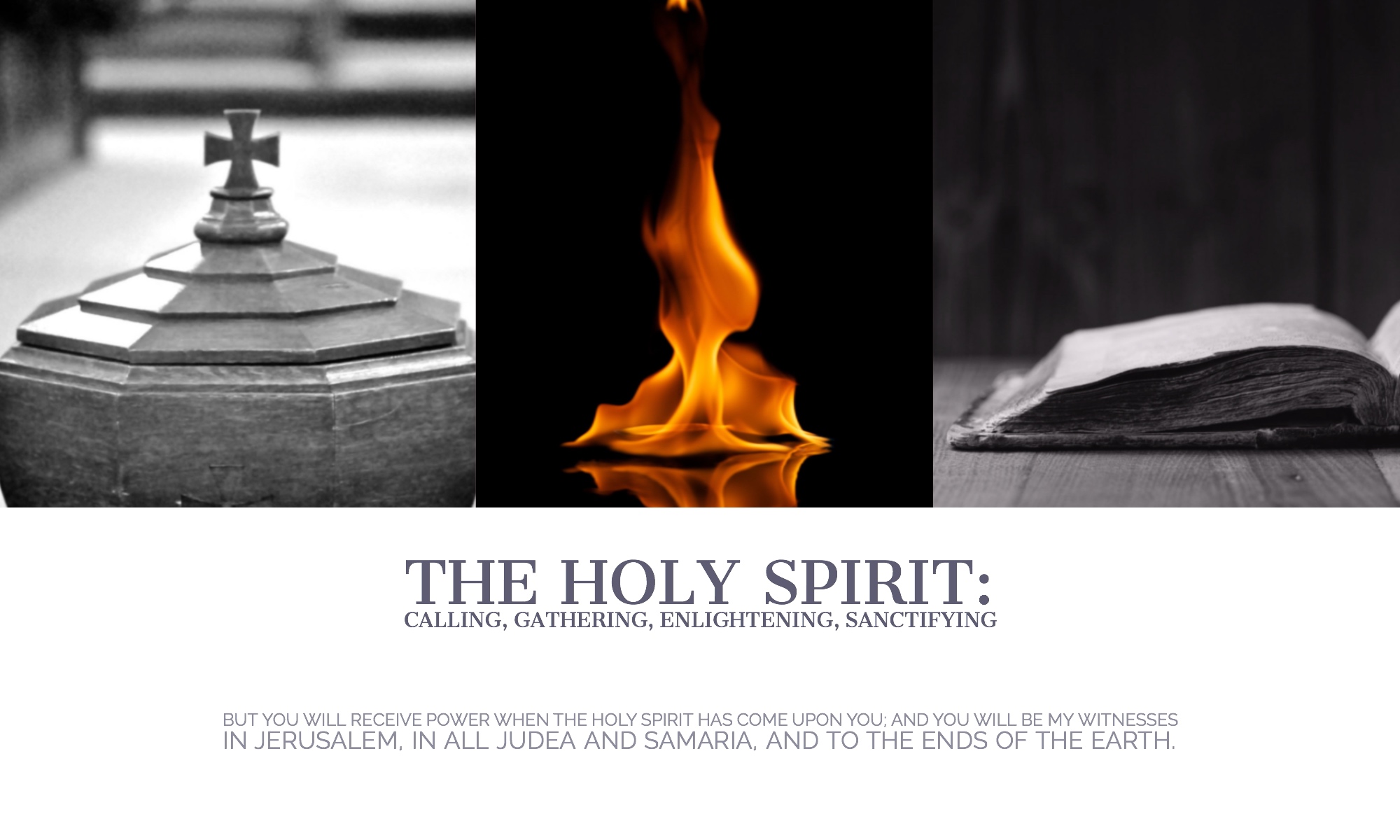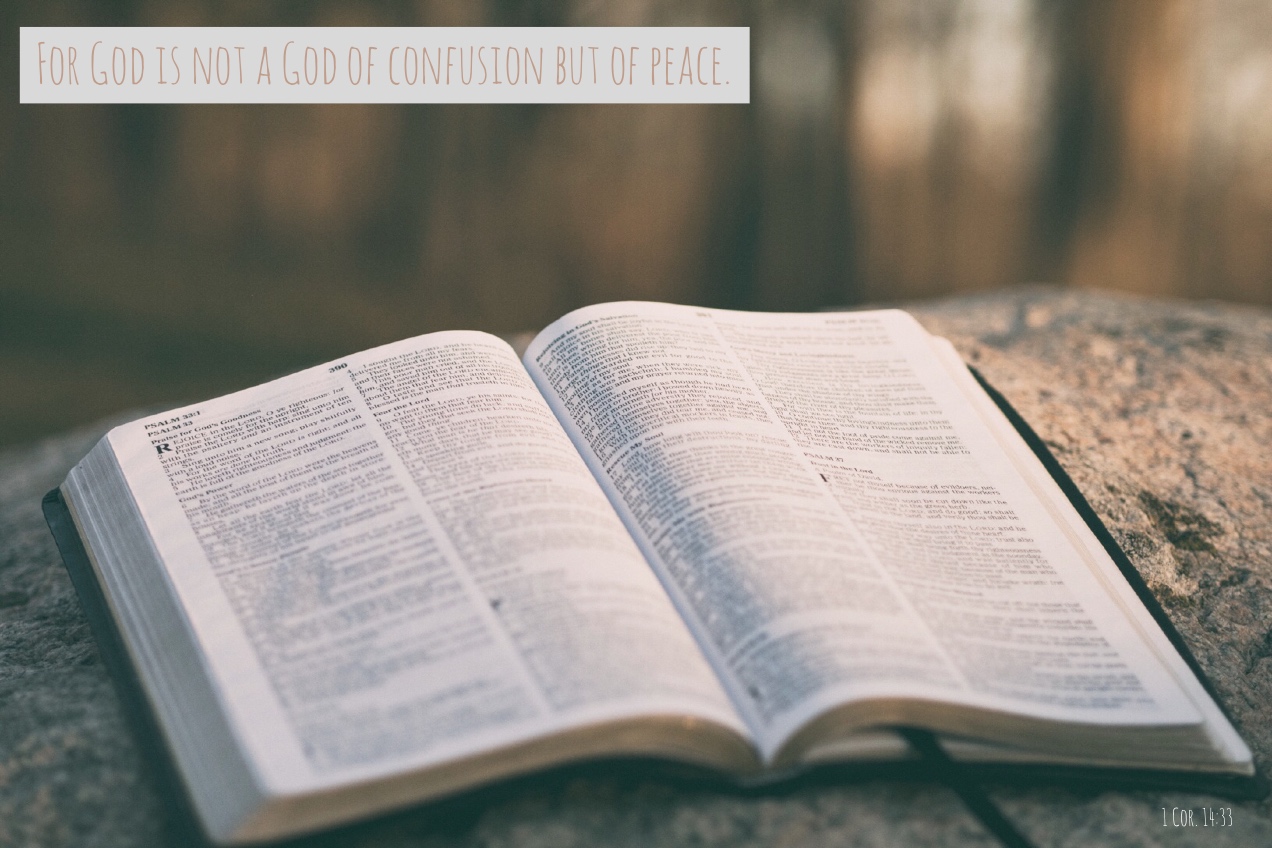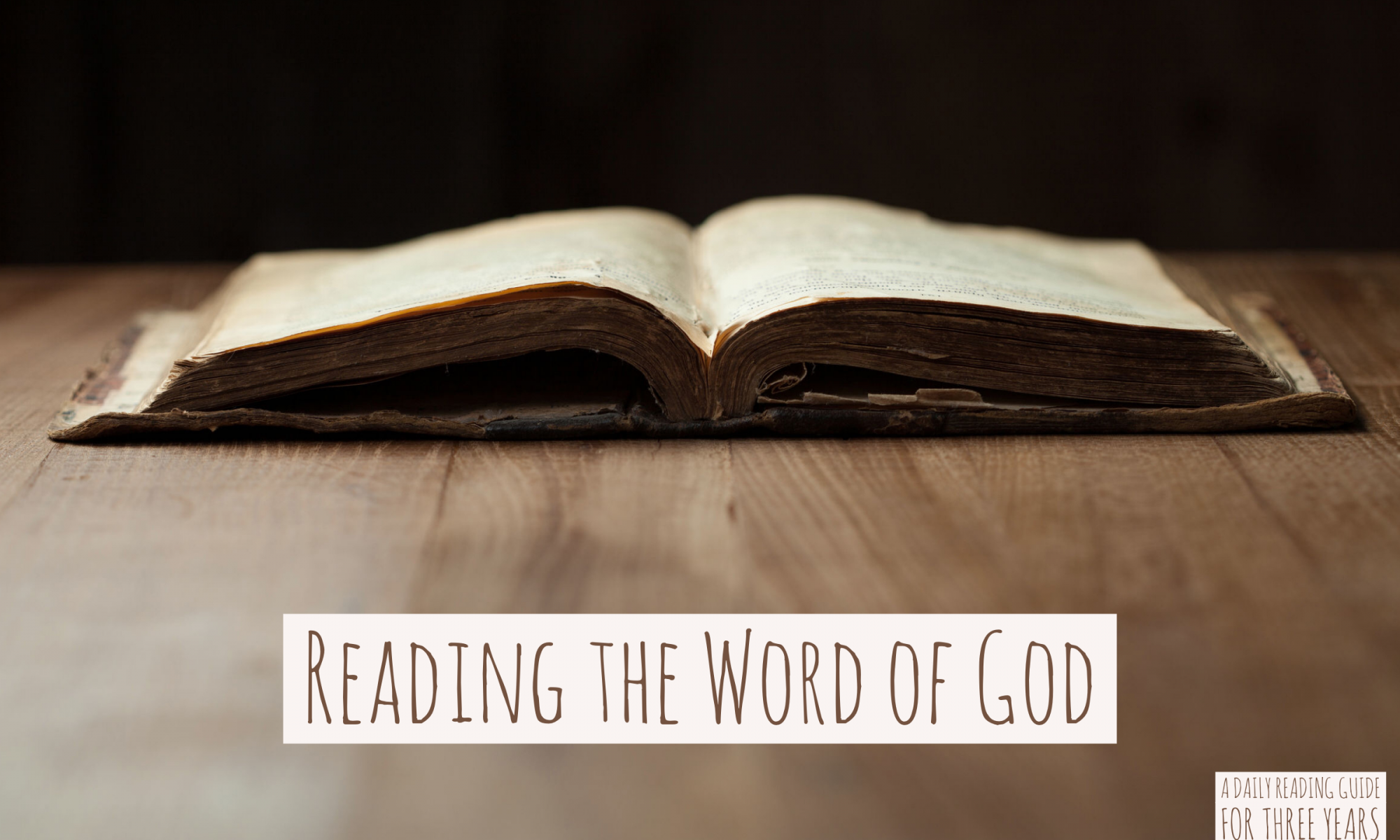We are pleased and excited to announce that Sherry Weddel has accepted the invitation to join the North American Lutheran Church as the keynote speaker for the 2018 Mission Festival and Convocation in Denver. Continue reading “Mission Festival Update – Lutheran Week 2018”
Order and Peace, Not Confusion and Chaos
“For God is not a God of confusion but of peace.”
— 1 Corinthians 14:33 RSV
At any given time, it seems that about 10 percent of our congregations are in some state of tension or conflict. Continue reading “Order and Peace, Not Confusion and Chaos”
2018 Pastors Conference
The 2018 NALC Pastors Conference will be held Jan. 30 to Feb. 1 at the Drury Plaza Hotel San Antonio Riverwalk in San Antonio, Texas. The theme of this year’s conference is “Discipleship, Leadership and the NALC Pastor.” Continue reading “2018 Pastors Conference”
NALC Life Conference
The 2018 NALC Life Conference will be held Thursday, Jan. 18, at Annapolis Evangelical Lutheran Church in Edgewater, Md. Continue reading “NALC Life Conference”
Discipleship Coaching Seminar
For those pastors interested in learning more about what it means to be “discipleship coached,” there will be a special seminar offered on Monday, Jan. 30, prior to the NALC Pastors Conference. Continue reading “Discipleship Coaching Seminar”
Reading The Word of God
Reading the Word of God, a daily Bible reading guide, has been prepared for Lutherans to use over the next three years. Continue reading “Reading The Word of God”
Reading The Word of God – Week 52
[Luther writes]: “If I am to examine the spirit I must have the Word of God; this must be the rule, the touchstone, the lapis lydius, the light by means of which I can see what is black and what white.” … “ is is decisive; it does not matter what name he [the preacher] has, if he only teaches faithfully … has the Word of God as a plumb line.” … “What then, will you do? Will you condemn them? No, I do not want to condemn Benedictum and others, but I will take their books and go with them to Christ and his Word as the touchstone and compare the two.” … “If one says, the church or the bishops decided this, then answer: Come, let us go to the touchstone and let us measure with the right yard- stick and examine whether it agrees with the Pater Noster and with the Articles of Faith and whether he also preach forgiveness of sins. If it agrees with what Christ taught us, then let us accept it and do according to it.” (81)
Alternative:
[Luther writes:] “Paul takes them all together, himself, an angel from heaven, teachers upon earth, and masters of all kinds, and subjects them to the holy Scripture. Scripture must reign as queen (haec regina debet dominari), her all must obey and be subject to. Not teachers, judges, or arbiters over her, but they must be simple witnesses, pupils and confessors of it, whether they may be the Pope or Luther or Augustine or Paul or an angel from heaven” … —“I let you cry in your hostility that Scripture contradicts itself, ascribing righteousness now to faith and then to works. It is impossible that Scripture contradict itself; it only seems so to foolish, coarse, and hardened hypocrites” … — “We abandon the talk of the Jews and stick to St. Paul’s understanding which, not without cause, emphasizes the little word ‘seed’ and thereby indicates that Holy Scripture in Gen. 12:3 and 22:18 speaks of a single seed not of many, and says plainly that Christ is such seed. Paul does so out of a genuine apostolic spirit and understanding. We Christians do not care if such interpretation does not please the Jews. Paul’s interpretation weighs more with us than all glosses of the rabbis” … — “One letter, even a single tittle of Scripture means more to us than heaven and earth. Therefore we cannot permit even the most minute change.” (82–83)
*For additional information, source material, and details, please visit: Reading the Word of God – Introduction

Reading The Word of God – Week 51
[Luther writes]: “The Holy Spirit is the most simple writer and speaker in heaven and earth; therefore His words have only one sense, the most simple one, which we call the literal sense.” … “In order that these word jugglers may be seen in their true light, I ask them, who told them that the fathers are clearer and not more obscure than the Scripture? How would it be if I said that they understand the Fathers as little as I understand the Scriptures? I could just as well stop my ears to the sayings of the Fathers as they do to the Scriptures. But in that way we shall never arrive at the truth. If the Spirit has spoken in the fathers, so much the more has He spoken in His own Scriptures. And if one does not understand the Spirit in His own Scriptures, who will trust him to understand the Spirit in the writings of another? That is truly a carrying of the sword in the scabbard, when we do not take the naked sword by itself but only as it is encased in the words and glosses of men. This dulls its edge and makes it obscurer than it was before, though Emser calls it smiting with the blade. The bare sword makes him tremble from head to foot. Be it known, then, that Scripture without any gloss is the sun and the sole light from which all teachers receive their light, and not the contrary. This is proved by the fact that, when the fathers teach anything, they do not trust their teaching but, fearing it to be too obscure and uncertain, they go to the Scriptures and take a clear passage out of it to shed light on their teaching, just as we place a light in a lantern, and as we read in Ps. 18: ‘Thou wilt light my lamp, O Lord.’” (77–78)
*For additional information, source material, and details, please visit: Reading the Word of God – Introduction

Reading The Word of God – Week 50
[Luther writes:] “Here the Spirit plainly ascribes to Scripture that it allumines and teaches, that understanding is given alone through the words
of God as through a door for, as they call it, a first principle (principium primum) with which everyone who will come to light and understanding must begin. Again: “‘Principle or head of thine words is truth’ (Ps. 119:160). There you see that truth is here ascribed only to the head of the words of God, that is, if you learned the words of God in the rst place and used them as the first principle when you judged the words of all. And what else does this whole psalm do than to condemn the foolishness of our labor and call us back to the fountain (revocet ad fontem) and teach us that we should rst of all and alone spend our labor on the Word of God and that the Spirit is ready to come voluntarily and to expel our spirit so that we pursue theology without danger? … Therefore, nothing but the divine words are to be the first principles (prima principia) for Christians, all human words, however, are conclusions which are deducted from them and must again be reducted to them and approved by them. They must first of all be well known to everyone but not sought through men nor learned by them, but men must be judged by them. If this were not true, why should Augustine and the holy Fathers, whenever they contradict each other, go back to the holy Scripture as to the first principles of truth (ad sacras literas seu prima principia veritatis) and illumine and approve by their light and trustworthiness their own that is dark and uncertain? By doing so they teach that the divine words are more understand- able and certain than the words of all men, even their own … I do not want to be honored as one who is more learned than all, but this I desire that Scripture alone rule as queen (solam Scripturam regnare), and that it is not explained through my spirit or other men’s spirit but understood by itself and in its own spirit.” (77)
*For additional information, source material, and details, please visit: Reading the Word of God – Introduction

Reading The Word of God – Week 49
[Luther writes]: “It is a notorious error to believe that by a statement such as this, ‘It is not permitted to explain Scripture by one’s own spirit’ (proprio spiritu) we are called upon to put the holy Scripture aside and to direct our attention to the commentaries of men and believe them. is explanation, I maintain, is doubtlessly invented by Satan himself that by that means he might lead us far away from Scripture and into a desperate understanding of Scripture. On the contrary, this statement wants to say that Scripture is to be understood alone through that spirit by whom it is written, which spirit you can nd more present and alive nowhere than in this holy Scripture written by him. Therefore, our endeavor must be not to put aside Scripture and to direct our attention to the human writings of the Fathers, but to spend all the more and all the more persistent labor alone on the holy Scripture, all the more since there is great danger that one might understand it with his own spirit, in order that the employment of such persistent labor might overcome that danger and finally assure us of the spirit of the Scripture which can be found nowhere else but in Scripture, for ‘here he did put up his tabernacle and in the heavens (that is, the apostles), his dwelling place.’ … Or tell me if you can, who is the judge who finally decides when two statements of the Fathers contradict themselves? Here the judgment of the Scripture decides, and this cannot be done if we do not give Scripture the first place so that Scripture itself is the most certain, the most accessible, the most readily understood which interprets itself and approves, judges, and illumines all (words) of all … as Psalm 118 (119:130) says.” (76–77)
*For additional information, source material, and details, please visit: Reading the Word of God – Introduction









